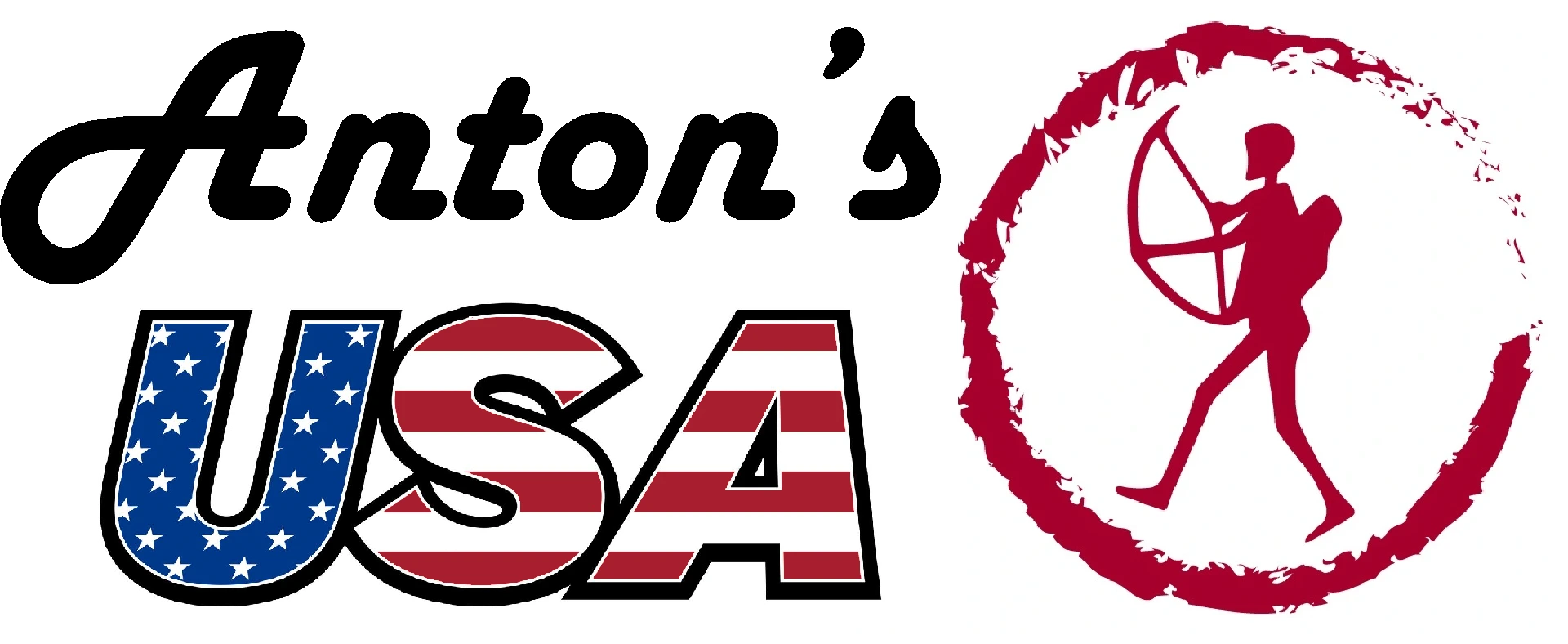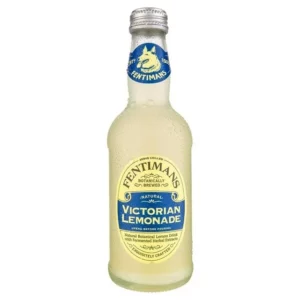Robinsons Orange & Pineapple 1.75 Liter
$8.95
Robinsons Double Strength Orange & Pineapple No Added Sugar Fruit Squash (1.75L) delivers a vibrant, tropical burst of juicy orange and exotic pineapple in every refreshing sip. Crafted with real fruit juices (16% orange, 4% pineapple), this concentrated squash is double-strength, offering up to 70 servings per bottle for exceptional value and long-lasting enjoyment. With no added sugar, no artificial colours, and only naturally occurring sugars, it’s a guilt-free, low-calorie (1 kcal per 100ml) choice perfect for the whole family, including vegetarians and vegans. Simply dilute 1 part squash with 9 parts water for a deliciously fruity drink that makes staying hydrated a joy. Ideal for everyday refreshment, Robinsons brings sun-ripened fruit flavour to every drop. Shake well and enjoy!
OUT OF STOCK
Notify me when stock becomes available
Free shipping on orders over $54.95!
- Satisfaction Guaranteed
- Secure Payments
-
1823: Founding Origins – The company was established by George Robinson and Alexander Belville as Robinson and Belville Ltd, initially operating as a shipping and trading company in Droylsden, Greater Manchester. They also produced Patent Barley and Groats. Around this time, 11-year-old Mary Ann Robinson began selling homemade fruit juices from her family’s farm, laying the groundwork for the brand’s future in beverages.
-
Mid-19th Century: Early Development – Matthias Robinson discovered the use of barley crystals, leading to the creation of Robinsons Barley Water, a health-focused drink that gained popularity for its refreshing taste. In 1859, George Robinson left the business, and Mary Ann (later married to James Nichols) continued to develop the company. In 1862, Robinson & Belville Ltd merged with Keen & Sons to form Keen Robinson & Company.
-
1930s: Introduction of Robinsons Squash – Fred Robinson developed Robinsons Squash in the 1930s, using freshly squeezed fruit juices to create a concentrated fruit cordial that became a household staple. This innovation marked a significant milestone, establishing Robinsons as an iconic British brand.
-
1935: Wimbledon Partnership – Robinsons became the official soft drink supplier for the Wimbledon tennis tournament, with Robinsons Barley Water provided to hydrate players. This association, which began when Mr. Smedley Hodgson placed Barley Water in players’ dressing rooms, lasted until 2022 and cemented the brand’s cultural significance.
-
Mergers and Acquisitions
-
1903: Keen Robinson & Company was acquired by J & J Colman, a mustard producer.
-
1938: Colman’s merged with Reckitt & Sons to form Reckitt & Colman.
-
1995: Britvic Soft Drinks Limited was formed through a merger involving Robinsons Foods Ltd, and Robinsons became part of Britvic.
-
2024: Carlsberg acquired Britvic in a £3.3 billion deal, making Carlsberg Britvic the current owner of Robinsons.
-
-
Product Innovations and Modernization
-
2014: Robinsons launched Squash’d, a super-concentrated, portable squash designed for on-the-go consumption, addressing the need for convenient hydration.
-
2015: The brand removed added sugars from its core squash range, emphasizing real fruit and natural sweetness. It also introduced the “Real Fruit in Every Drop” campaign and won “Best Sports Sponsor” for its Wimbledon partnership.
-
2023: Robinsons underwent a comprehensive rebranding to appeal to modern families, maintaining its focus on real fruit, no artificial colors, and recyclable packaging.
-
-
Cultural Impact and Market Presence
By 1955, Robinsons Squash was popular enough to receive a Royal Warrant from Queen Elizabeth II. In 2022, Robinsons reported sales of nearly £200 million, with half of British households purchasing their products and over 9 million glasses consumed daily. The brand remains a staple in the UK and is exported globally, beloved for its variety of flavors, including Orange, Summer Fruits, and Apple & Blackcurrant. -
Why “Squash”?
The term “squash” likely originated in the late 19th century, possibly from lemon squash, where fruit (like lemons) was “squashed” to extract juice. The name was adopted by the industry in the 1950s to distinguish concentrated fruit drinks from pure juices, as it allowed for additives like sugar while sounding appealing.
Only logged in customers who have purchased this product may leave a review.







Reviews
There are no reviews yet.